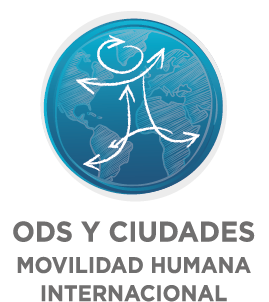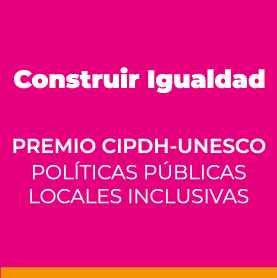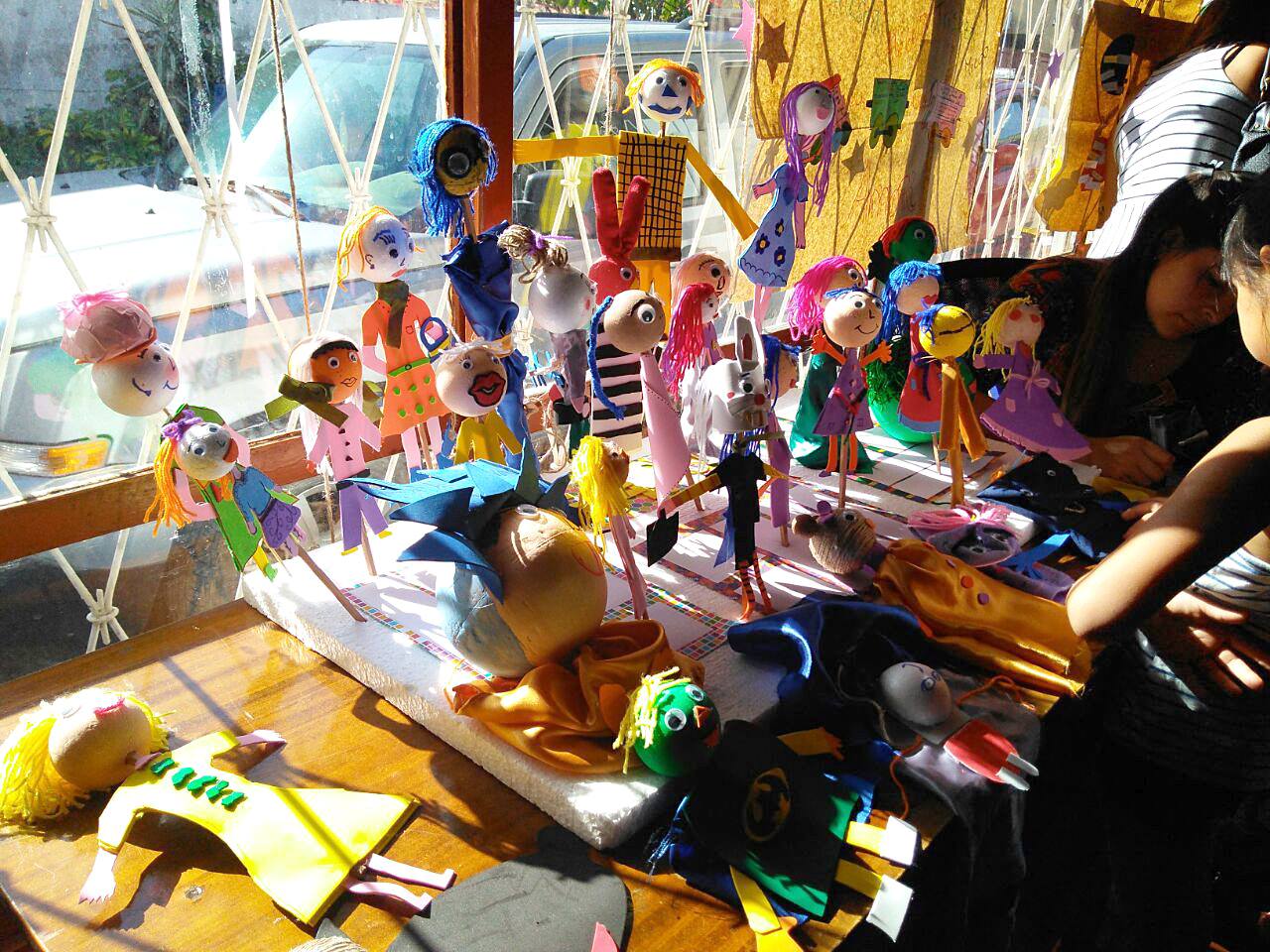
- Region
- Latin America and the Caribbean
- Range of Demographic Size
- 50,000 to 99,999 inhabitants (small intermediate)
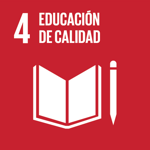
4.3 By 2030, ensure equal access for all women and men to affordable and quality technical, vocational and tertiary education, including university.
4.4 By 2030, substantially increase the number of youth and adults who have relevant skills, including technical and professional skills, to access employment, decent jobs and entrepreneurship.
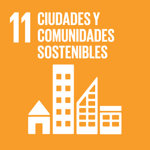
11.1 By 2030, ensure access for all to adequate, safe and affordable housing and basic services and upgrade slums.
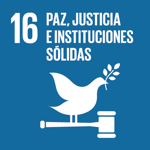
16.1 Significantly reduce all forms of violence and related death rates everywhere.
16.6 Develop effective, accountable and transparent institutions at all levels.
16.7 Ensure responsive, inclusive, participatory and representative decision-making at all levels.
Convention against Torture and Other Cruel, Inhuman or Degrading Treatment or Punishment.
Universal Declaration of Human Rights (UDHR).
International Covenant on Economic, Social and Cultural Rights (ICESCR).
Additional Protocol to the American Convention on Human Rights in economic, social and cultural rights (San Salvador Protocol).
Summary
This is a municipal program for the social, family and labor rehabilitation of people deprived of their freedom, aimed at preventing and/or reducing recidivism. It is implemented jointly by the Municipality of Quillota and the Pre-Trial Detention Correctional Facility of Quillota (under the Ministry of Justice and Human Rights), through an agreement signed with the Chilean National Prison Service.
Implementation Date:
Start: 05 / 11 / 2012
End: End: Currently in force
Education and training
- Email: omil@quillota.cl
- Web: http://www.quillota.cl/
- Telephone: 56332291238
- Social Network:
Instrumentos

4.3 By 2030, ensure equal access for all women and men to affordable and quality technical, vocational and tertiary education, including university.
4.4 By 2030, substantially increase the number of youth and adults who have relevant skills, including technical and professional skills, to access employment, decent jobs and entrepreneurship.

11.1 By 2030, ensure access for all to adequate, safe and affordable housing and basic services and upgrade slums.

16.1 Significantly reduce all forms of violence and related death rates everywhere.
16.6 Develop effective, accountable and transparent institutions at all levels.
16.7 Ensure responsive, inclusive, participatory and representative decision-making at all levels.
Convention against Torture and Other Cruel, Inhuman or Degrading Treatment or Punishment.
Universal Declaration of Human Rights (UDHR).
International Covenant on Economic, Social and Cultural Rights (ICESCR).
Additional Protocol to the American Convention on Human Rights in economic, social and cultural rights (San Salvador Protocol).
Location
- Region
- Latin America and the Caribbean
- Range of Demographic Size
- 50,000 to 99,999 inhabitants (small intermediate)
Contact details
- Email: omil@quillota.cl
- Web: http://www.quillota.cl/
- Telephone: 56332291238
- Social network:


